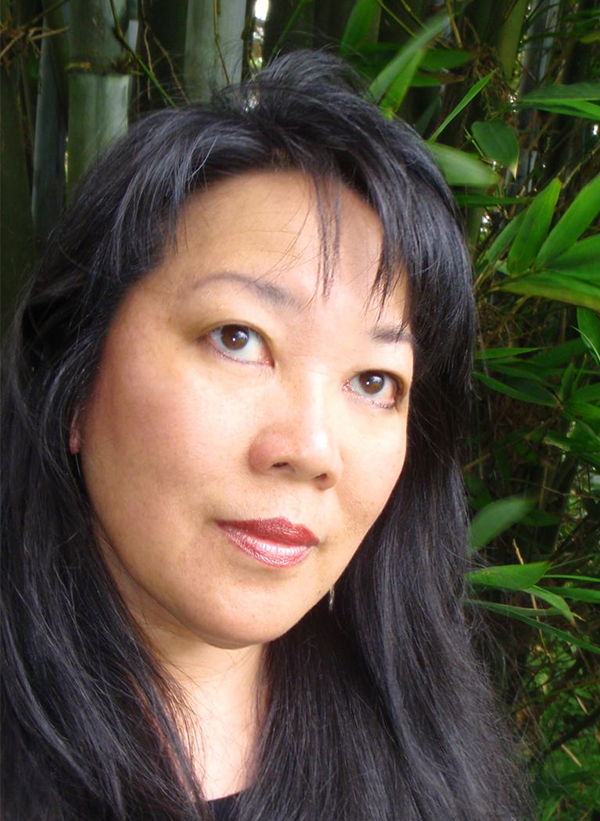You can leave this site quickly.
Learn more about Internet safety.
Heal the Healers Profile: Lani Yamasaki

Lani Kamau Yamasaki is the Founder and Executive Director of ‘Ano‘ano Aloha, a charitable non-profit focused on community social economic development and also operates Lani Yamasaki Communications & Design. For nearly three decades, she has worked within her community to facilitate trauma recovery and empower individuals.
"Holistic healing is the kuleana—lineal privilege and responsibility my family has honored since ancient Hawai‘i. Generally, traditionally schooled Hawaiians do not apply the term ‘healer’ to themselves. As humans, we are the vessel through which Ke Akua—God and our ‘aumakua—ancestors impart their influence to facilitate healing by working directly with the client's spirit and ‘aumakua—ancestors impart their influence to facilitate healing by working directly with the client's spirit and aumakua. As inherently spiritual beings, everyone has the ability to heal themselves. For me to participate in the process at all, permission must be granted. Trust must be established for healing to begin to occur spiritually, mentally and physically.
It can be challenging to work crossculturally. Many traditions integral to the Hawaiian experience are usually not understood by mainstream Western culture. To facilitate healing within any community—whether it's Hawaiian, Filipino, or Chinese—respect is essential. You must acknowledge and understand the values, customs and belief systems that have shaped the person you’re serving. This must be integrated or trust cannot be established and healing will not occur. Hawaiian culture has a spiritual foundation and values. Paramount in healing is the value aloha—love and compassion. When aloha is exchanged, it means "my spirit honors the divinity in your spirit." Achieving lokahi (a value) is important. It reflects a balanced relationship between Ke Akua and the spiritual realm, humanity and nature. Health and sustainability are achieved when these realms are in balance. If the ‘aina—earth—is healthy, so are we. It’s essential for us to do our personal homework before we try to facilitate healing. We must be pono—in balance ourselves. If we are not pono and bring our baggage to work, then we compound the kaumaha—sadness and grief, inadvertently increasing the trauma of our clients and colleagues.
I release it all at the end of the day through the practice of ho‘oponopono. As the sun sinks into the dreamtime, I release any burdens to the care of God and my ancestors and ask for their help in achieving inner peace and balance. I ask for their guidance in my life. And, I express my gratitude.”




Your Voices